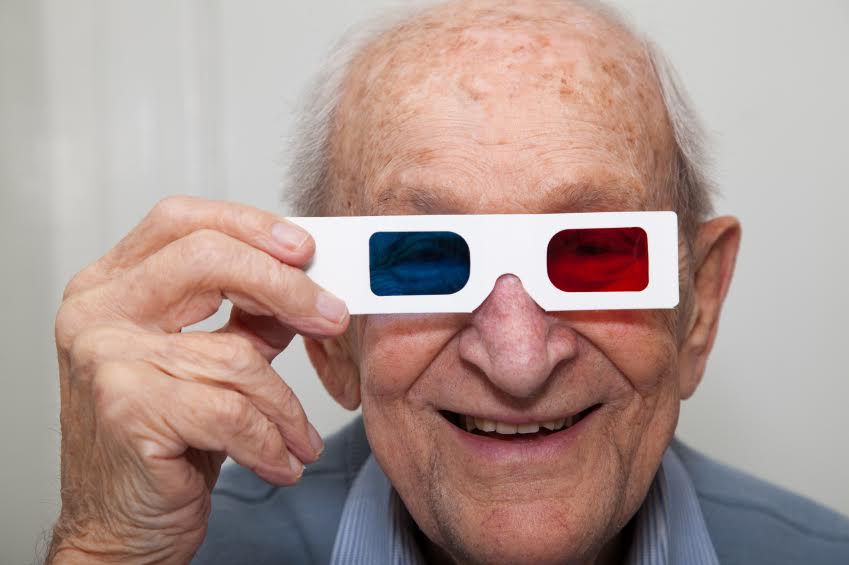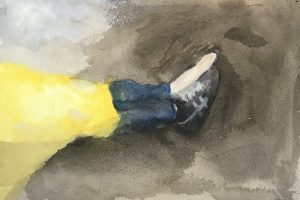Do traditional societies view the ageing process more positively than modern societies?
One researcher at Cornell Univesity in the United States believes so.
The study that suggests so, published in the Journals of Gerontology: Psychological Science, had researchers show participants a photo of a young person and a photo of the same person that had been digitally altered to make him or her look older.
Participants were then asked a series of questions to assess their attitudes toward aging. These questions tested such perceptions of aging as respect received (whose opinion is more respected?); wisdom; life satisfaction (who is more satisfied with their life?); memory (who is more forgetful?); and new learning. In response, participants were asked to point at the older or younger face.
Associate professor of human development in the College of Human Ecology and associate professor of gerontology in medicine at Weill Cornell Medicine in New York City, Corinna Löckenhoff, said there have been “anecdotal reports and theoretical reasoning that people in traditional societies look at ageing more favorably”.
This study, however, is the first to gather quantitative data and to use the same questions across modern and traditional societies, Professor Löckenhoff said.
The researchers found that Tsimané Amazonian forager-farmers viewed old people as having better memories than young people, while people in Poland and the United States viewed the young as having better memories.
They found that across the different societies there was consensus that older people are more respected and perceived as wiser than younger people, and that in general, participants perceived ageing as more detrimental to women than men, Professor Löckenhoff said.
But Tsimané participants differed from their industrial counterparts in perceptions of memory. While the participants from industrialized nations held negative beliefs of ageing and memory, the Tsimané people felt the elderly had better memories.
“There are reasons to think that traditional societies would have more positive beliefs about ageing and memory,” Löckenhoff said.
Modern societies no longer rely on oral traditions where older people serve as repositories of culture and knowledge, she said, whereas traditional societies still value experience-based knowledge.
The findings are important for traditional societies to ensure their attitudes toward older adults do not suffer as they increasingly modernize, Löckenhoff said. And for modern societies, the findings shed light on how culture and context can have an influence on the way that aging is seen and that in turn can affect how people age, she said.
For example, there is evidence that stereotypes about ageing affect older people. This phenomenon is known as stereotype threat, where negative stereotypes about certain groups — such as the notion that the elderly have poor memories — can affect performance.
“Older people could be doing better if they were not pulled down by stereotype threat,” Professor Löckenhoff noted.
Next steps in this research will be to test if older people’s memories are actually working better in the Tsimané culture and if other traditional societies show similar patterns, she added.
Originally published on Science Daily.























Add Comment